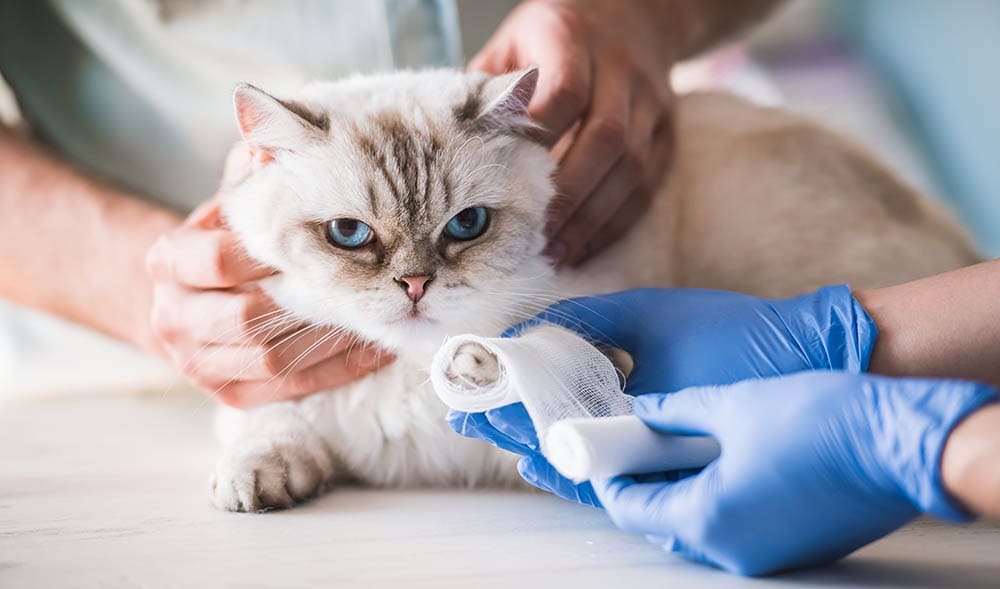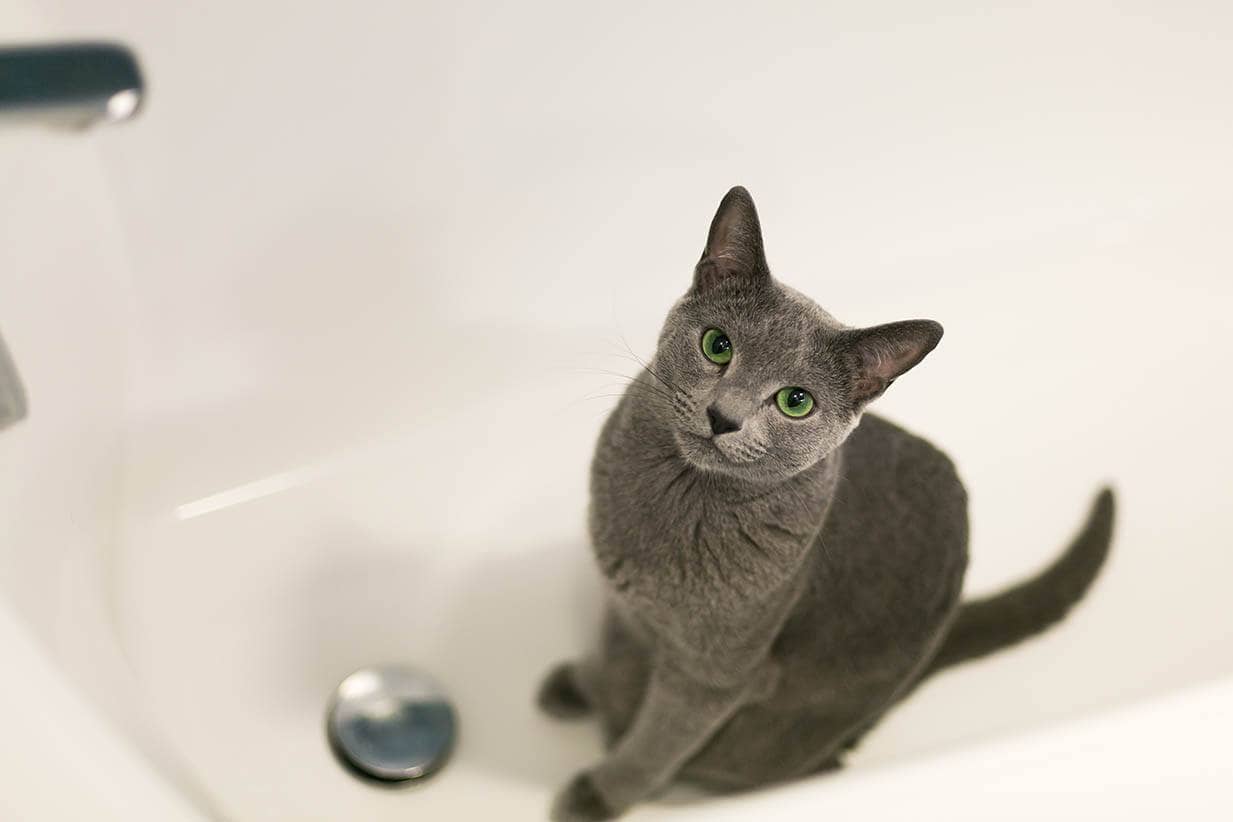Voluntary Excess Pet Insurance: How It Works (Facts, & FAQ)

Updated on

Pet insurance can be complicated, and one of the more confusing terms in the industry is “excess” and “voluntary excess.” They’re similar things, but they’re not exactly the same.
If that seems confusing, don’t worry, we break it all down for you here, so you know exactly what you’re signing up for and how much you’ll need to pay when you’re trying to use your pet insurance.
What Is Excess in Pet Insurance?
In short, excess refers to the amount that you need to pay when you take your pet to the vet. The rest of the payment is the covered portion of the bill, and the excess is what the insurance won’t cover.
Excess costs primarily come from two different factors. First, most pet insurance companies charge a deductible. The deductibles work in different ways, but it’s an amount that you’ll need to cover before the insurance covers anything.
Second, most pet insurance policies cover a percentage. For instance, if your pet insurance has a 90% reimbursement with a $500 deductible, and you get a $1,000 bill, you’ll pay $550 in excess and the pet insurance will cover $450.

What Is Voluntary Excess in Pet Insurance?
Excess refers to the typical amount that you’ll have to pay with pet insurance. However, voluntary excess refers to an amount that you pay in addition to that.
For instance, if you have a pet insurance plan with a $100 deductible, you can sometimes choose to pick up a voluntary excess of $300. If you have a plan like this, with 100% coverage after the deductible, you’ll pay the first $400, while the pet insurance covers everything else.
We understand that navigating numerous options on the market may be difficult but by comparing different plans against each other, you can get a better idea of what is best for you and your pet. Here are some of the best pet insurance companies on the market to start your comparison with:
Top Rated Pet Insurance Companies
Why Would You Get a Voluntary Excess?
If a voluntary excess means you’re paying more, why would you want that? It all comes down to lowering the monthly premium. You’re getting less coverage when you need to use it, but in turn, the insurance company gives you a break on your monthly payment.
If you don’t have to use the insurance, you’re paying less, but if you do have to use it, more will come out of your own pocket. It all depends on how much of a voluntary excess you picked up and how much it saved you in the monthly premium.

Where Do Pet Insurance Plans Talk About Excess?
If you’ve never heard of the term excess when talking about insurance, you’re not alone. It’s a term that insurance companies in the U.K. more commonly use. Pet insurance plans work differently there, and they roll all the fees that insurance won’t cover into one word: “excess.”
In the United States, this isn’t a common term. Instead, pet insurance plans have deductibles and reimbursement amounts, and it’s up to the consumer to figure out how much they’re on the hook for.
These are just varied terms to describe different parts of the insurance.
Final Thoughts
There are many complicated terms when it comes to pet insurance, but hopefully, you now have a better idea of what an insurance company is talking about when it brings up an excess or a voluntary excess.
It’s all about how much you’ll pay, so a voluntary excess may or may not be a good thing for you when you’re trying to use your coverage!











